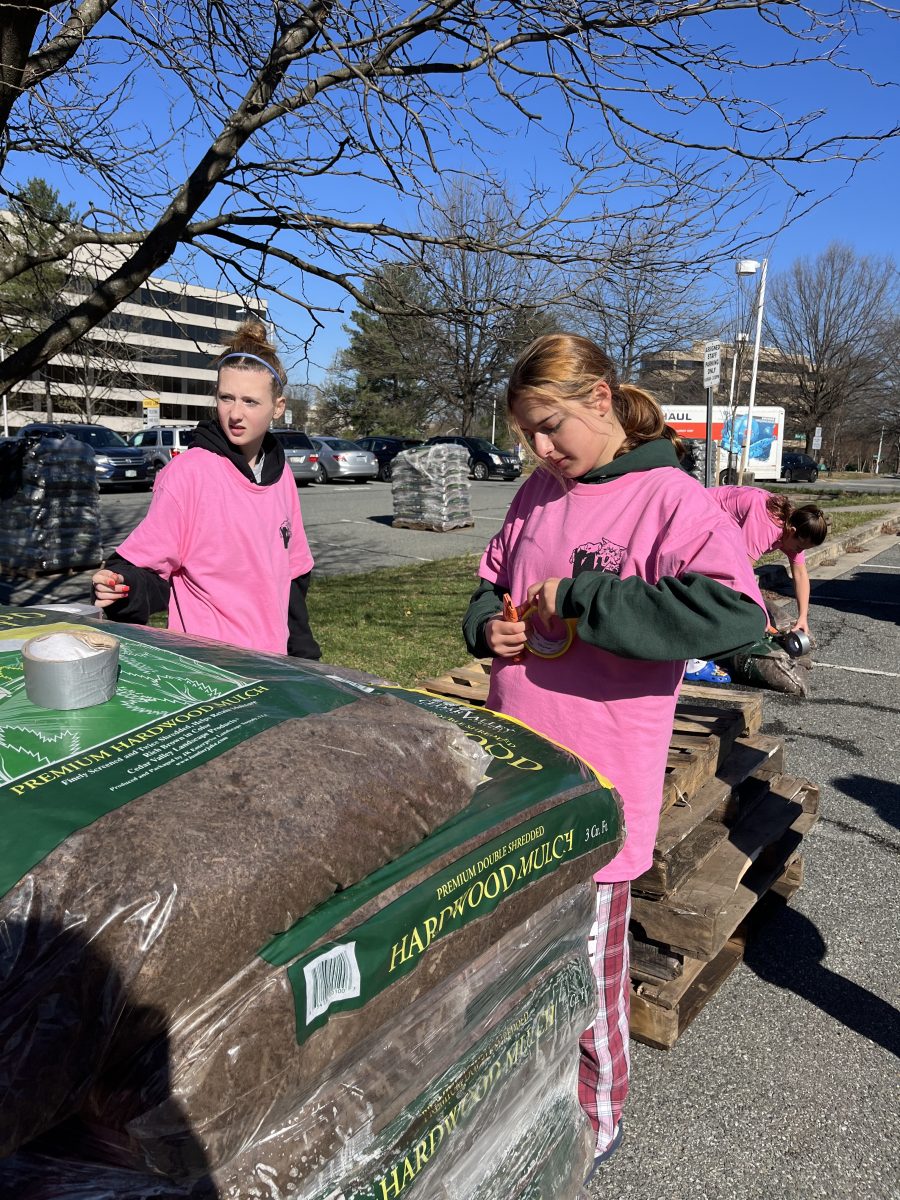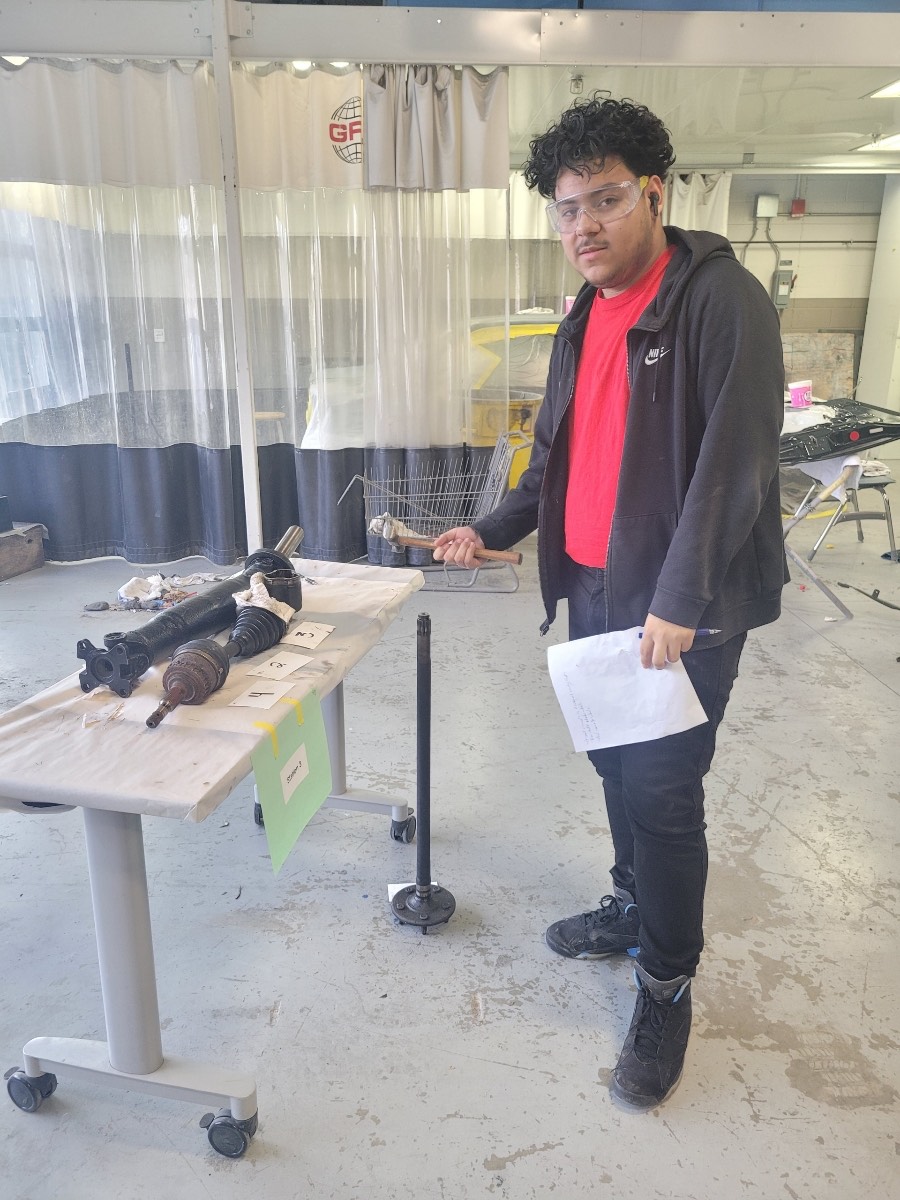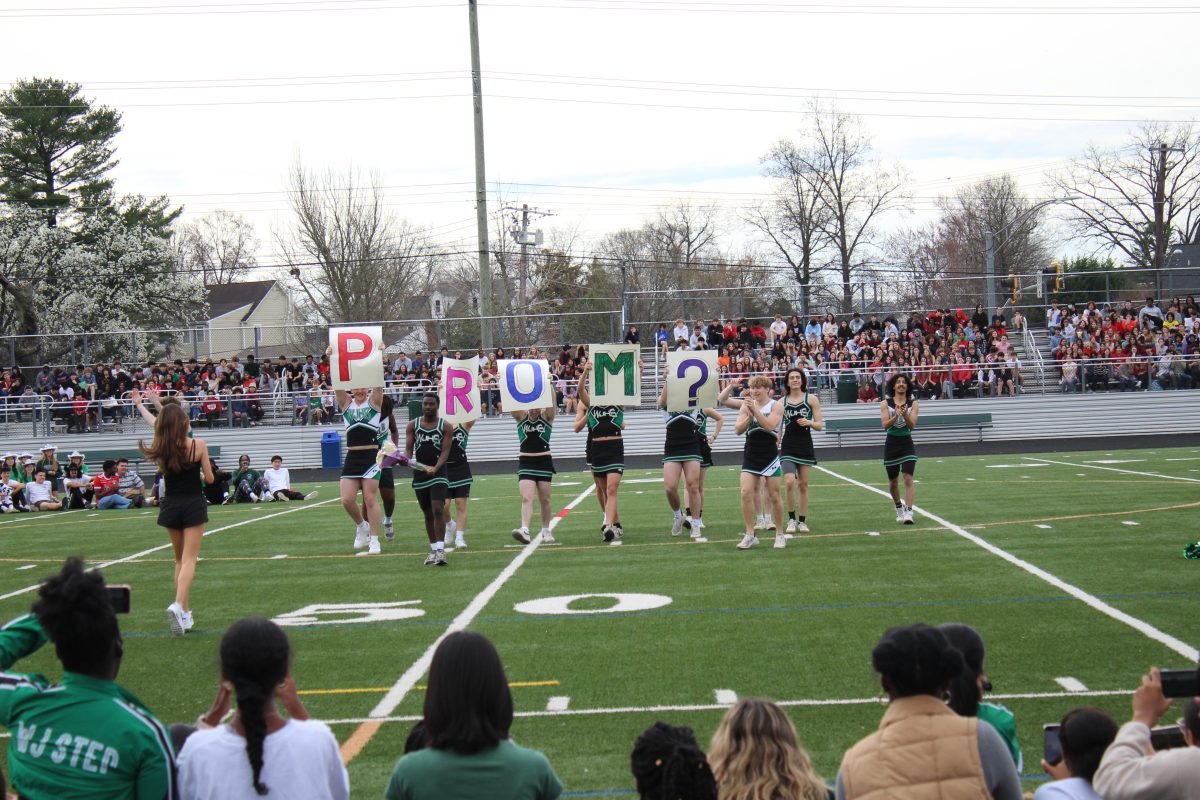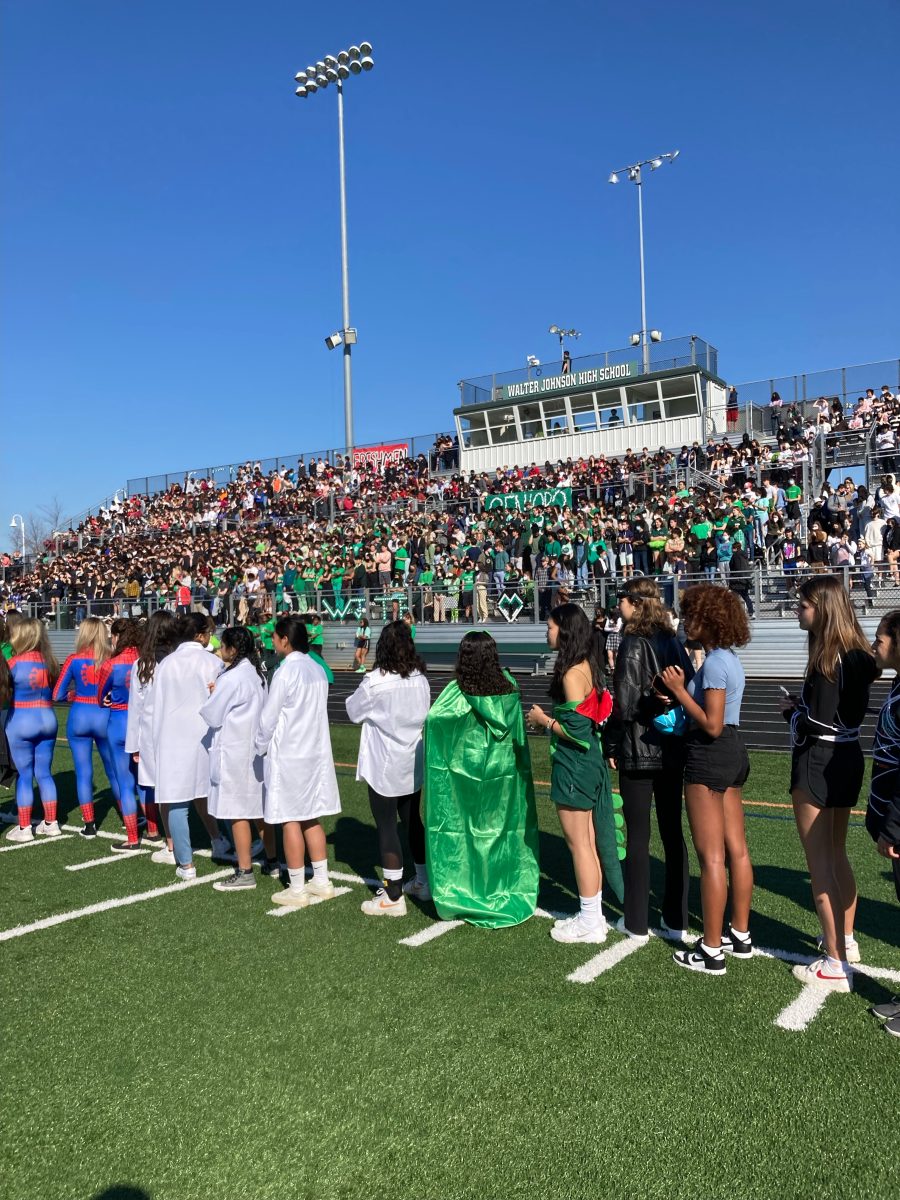“Kelly” is a varsity athlete and the president of three clubs. She gets home around 7 p.m. from her various activities and begins working on her AP and honors classes assignments. She realizes around 11 p.m. that she forgot to do her social studies homework, but she has four other assignments to finish and is too tired to do them all. She has a borderline A in the class, so she copies her friend’s work the next day at lunch and then tells her friend what’s on the bio test in exchange for the help. Both girls secure their A’s and keep their GPAs high. There are no consequences.
If this scenario sounds familiar, you are probably not alone. Between 75 and 98 percent of high school students cheat according to recent studies from the Educational Testing Service and the Ad Council. And WJ appears to be no exception. According to a survey conducted by The Pitch between Jan.12 and Jan.15 in nine third period classes, 94 percent of WJ students admit to at least one form of cheating. Thirty-two percent admit to cheating at least once a week.
Even more than the prevalence of cheating, the real problem may be students’ attitude toward it. According to some, students now view cheating as a justifiable necessity, just one more tool in the endless struggle for achievement.
“The problem with all the cheating that goes on at WJ is that the kids don’t see cheating as a problem,” said math teacher Mary La Fratta. “I have had students tell me that they think the point of taking a test is for them to get the right answer by whatever means necessary. Unfortunately, that is what a lot of WJ’s attitude is. Kids don’t see why there are long-term consequences of not having any concept of right or wrong. That’s the scary part.”
Jane Smith* is an accomplished senior who takes challenging AP and honors classes. She admits she cheats often and estimates that at least 90 percent of WJ students also cheat regularly.
“With the way WJ is, and Montgomery County for that matter, grades are way more important than actually learning,” said Smith. “It’s all about getting the grades that’ll get you into college or make your parents happy. And honestly, who really needs to understand how to find a derivative? Or who Ibn Battuta is?”
Smith defines cheating as using someone else’s work in any capacity.
“Cheating is using another’s work for personal gain, and I don’t think teachers or parents would define it differently” said sophomore Tim Jackson.* According to the same study conducted by The Pitch, 53 percent of WJ students do not think that looking at someone’s work on an in-class assignment to check your answers is cheating.
“One time a teacher was so oblivious to the cheating, I literally had my friend’s test and her work on my desk, copying it,” said Smith.
WJ routinely tops the lists of best public high schools in America, but according to students, that may only fuel the pressure to cheat rather than learn.
“I cheat so I can get good grades,” said Smith. “Classes are tough and I just don’t have enough time to study for every single thing. I think it’s widespread everywhere, or almost everywhere. But I think that the pressure of going to school in Montgomery County has made WJ, and schools like Churchill or Wootton, one of the worse cheating schools.”
When it comes to catching students, teachers may employ a variety of methods.
“Sometimes it’s changing the exam from one period to another, sometimes it’s changing the order of the question,” said English teacher Jonathan Bos. “The bigger thing would be outside of class essays. One of the things you can do is Google phrases from the essay, and if phrases have been lifted wholesale you can find them. I’ve busted kids that way.”
Despite these methods, both teachers and students recognize that many instances of cheating fall through the cracks. La Fratta regretfully admits that she has largely stopped trying to stem the tide of cheating that goes on in her class, particularly since an incident several years ago when the former WJ administration made it clear that cheating is a given with high school students.
“I don’t punish [cheaters] anymore,” said La Fratta. “A couple of years ago a couple of kids had blatantly cheated…and I had a meeting with the administrators at the time and their parents. And their response to me was, ‘Oh, what do you expect? They’re teenagers.’ They were leaders of the school at the time, and members of the National Honor Society, and things like that. The message I got was parents expect their kids to cheat, and administrators expect the kids to cheat, so who am I to worry about it?” said La Fratta, who noted that this was the attitude of the former, rather than current, administration.
No student interviewed could name an incident of a student being seriously punished for cheating. According to junior Susan Frank, she has been caught only once, and received only a verbal reprimand no to do it again. Sophomore Paul Richards* admitted that he has never been confronted about it, although he cheats frequently to get a better grade.
Cheating may have even broader definitions than it ever has before. With resources like SparkNotes and Wikipedia, not to mention text messaging, there is more and more temptation for all types of students to engage in collaborative work with their peers.
Senior Tom Johnson,* a top student and active member of many clubs and extracurricular activities, admits he allows other student to cheat off him. “[Someone cheats off me] at least once a week, if not more. If I like them, I don’t react or scratch my head, to give them a clear view,” said Johnson. “If I am not particularly fond of someone cheating off me, I will lean over my paper. However, I usually just pay attention to my own work, and not the actions of the person next to me.”
Is cheating really more of a problem now then it used to be? According to surveys, teachers, and students, the answer is a resounding yes. Although teachers admitted that Cliff’s Notes existed (like SparkNotes except in print) and similar resources, the breadth of devices that enable cheating is a completely new ballpark than the standards of their youth. According to the same survey from the Educational Test Service, just 20 percent of high school students cheated during the 1940s.
The reasons for cheating are as varied as they have always been. 55 percent of WJ students admit to cheating because of pressure, although some said stress was not an issue as much as laziness or fear of turning in incorrect work.
“I cheated in fear of failing a class,” said Frank. “Either not wanting to fail a test or project or because I didn’t understand the material.” As for parental awareness of cheating, student opinion is mixed. Some students insist their parents are completely oblivious, while others know that their parents think cheating is just one more strategy for success.
“[My parents] don’t care,” said Frank. “They admit they cheated their way through hard classes in high school. As long as I understand the material well enough to pass, they’re okay with it.”






